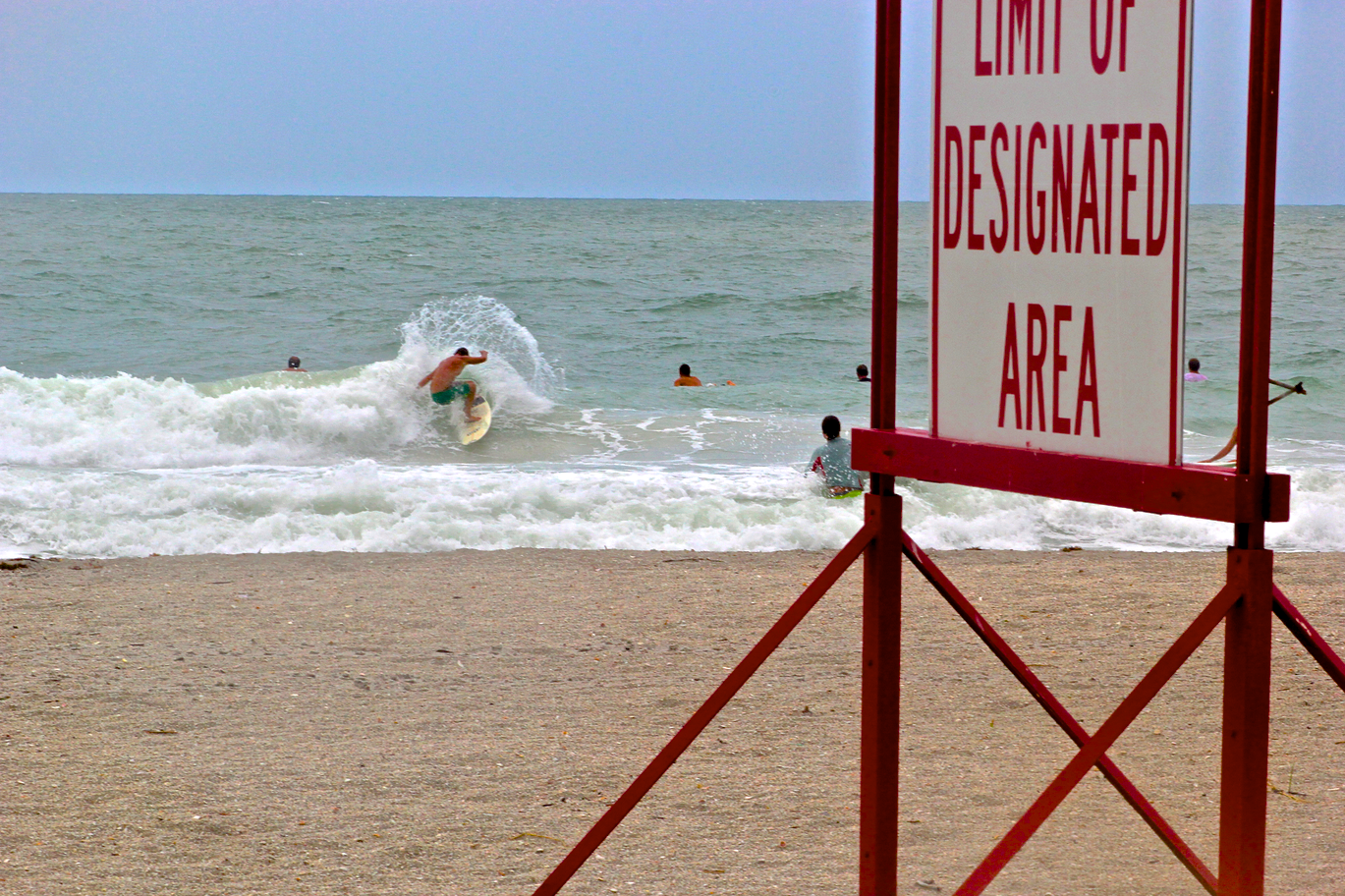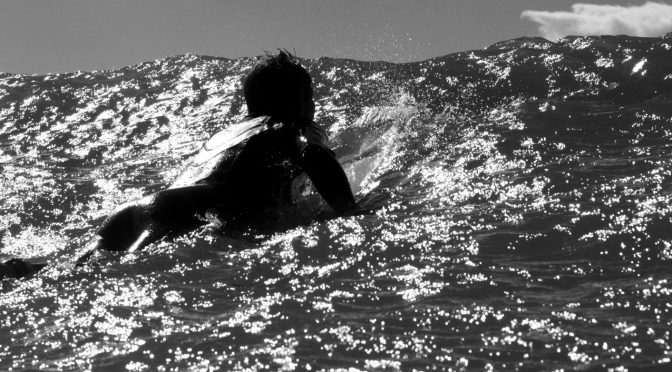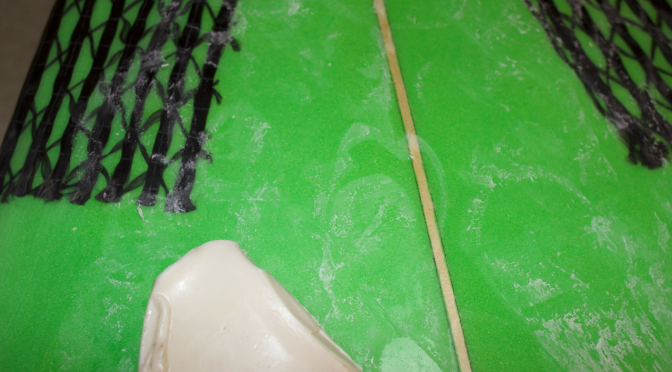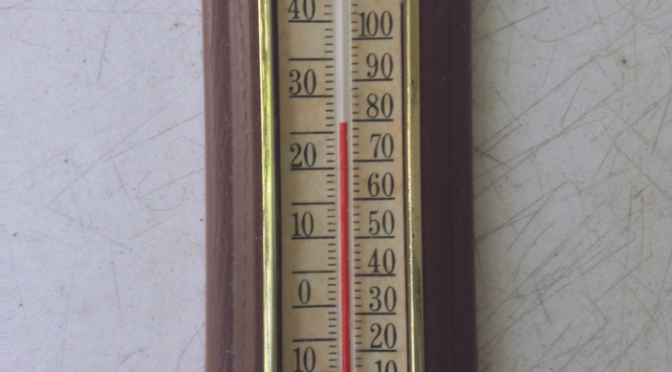Six time world champion charges big sections in this video with a voiceover by the lovely lady herself. She says how her experience in the water has helped her understand how to determine the best waves when she walks down to the beach. She mentions the importance of paddling out through the channel, an especially important thing in conditions like they have on the North Shore. Paddling and positioning are discussed as extremely important, and certainly so in treacherous conditions. I’ll tell you what, this girl knows what she’s talking about.
Category Archives: How to Surf
Morning Surfing
 Why the morning? What’s so good about the mornings? There are afternoons and evenings with incoming tides. What makes the morning so good, I ask myself as I looked at the crappy surf this afternoon, looking at the wonky waves pushing across the super low tide sandbar. Continue reading Morning Surfing
Why the morning? What’s so good about the mornings? There are afternoons and evenings with incoming tides. What makes the morning so good, I ask myself as I looked at the crappy surf this afternoon, looking at the wonky waves pushing across the super low tide sandbar. Continue reading Morning Surfing
Beach-breaks
A beach-break is the description of the bottom where the waves become breakers. In the case of the beach-break, the moving waves become too tall and too unstable over a bottom made up primarily of sand. A beach-break, in addition to all the sand, includes hundreds of types of shells Continue reading Beach-breaks
Wind-Generated Waves
Our most valuable resource, our surf comes from out in the Gulf of Mexico. We get waves when enough wind traveling across the surface of the water blows hard enough and for a long enough period of time to produce waves. Wind-generated waves are determined by three important wind metrics; Continue reading Wind-Generated Waves
Duct Tape vs. Surf Wax
Suppose your out catching a few waves. It’s semi crowded, but the waves are pumping. We are talking long 10+ second rides. You take off on a wave, Continue reading Duct Tape vs. Surf Wax
Warm Water Wax
We aren’t getting any cold weather anytime soon. There won’t be any cold fronts dipping the water temperatures down in the near future. It’s time to remove that yucky winter wax and Continue reading Warm Water Wax
Hypothermia
Every year the gulf reaches temperatures that can cause hypothermia. What happens when your body’s core temperature drops is your body will prepare for a potentially fatal situation. It will allocate it’s resources to mantain life for as long as possible. You know this is occurring when two primary things happen. Continue reading Hypothermia



